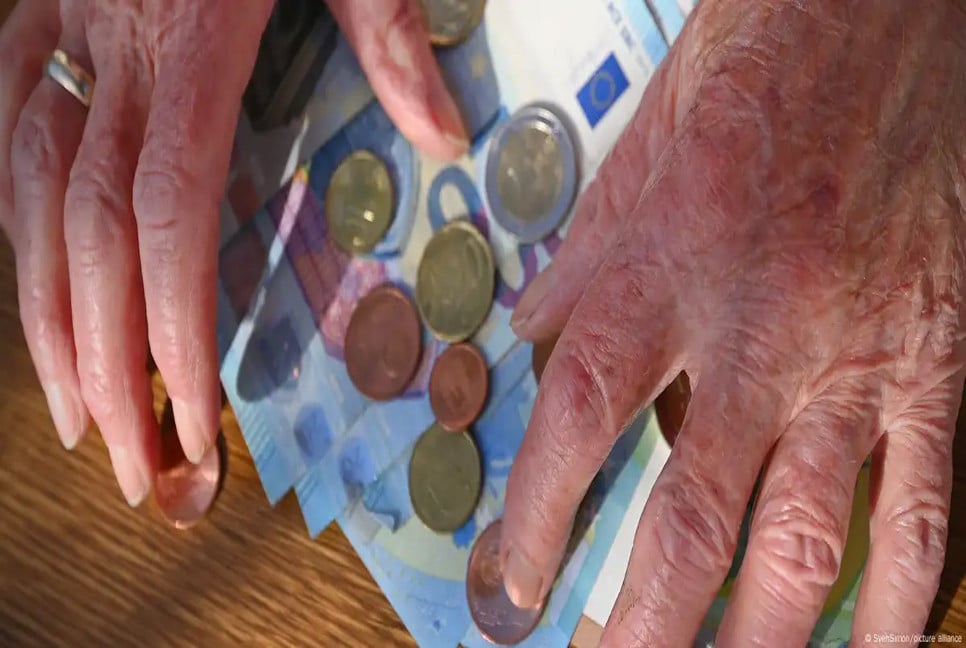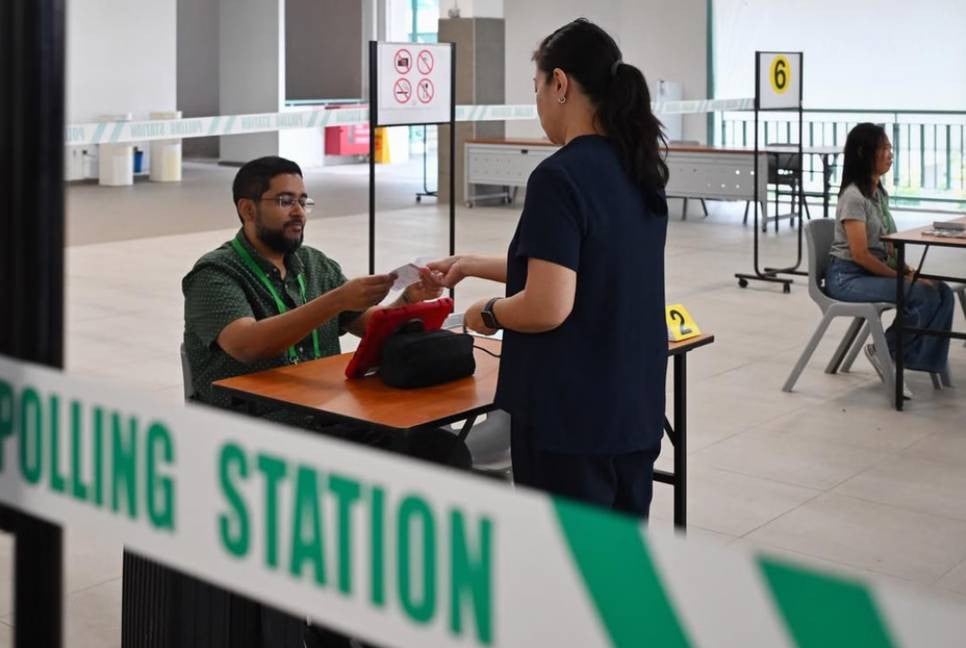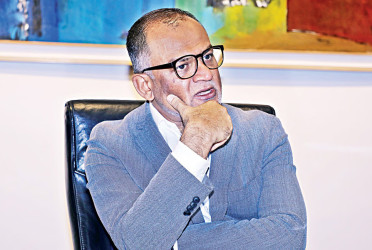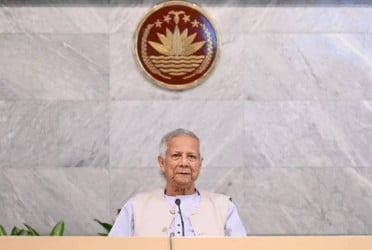New data requested by the left-wing populist BSW party shows around 3.2 million pensioners in Germany are at risk of poverty. Sahra Wagenknecht's party, only formed this year, frequently campaigns on such issues.
Sahra Wagenknecht, the leader of the new left-wing BSW party named after her, lamented a "dramatic increase in old-age poverty" in an interview with the German dpa news agency published on Saturday.
Eurostat data on pensioners at risk of poverty
The BSW had issued a formal request for information to the European Union's statistical agency Eurostat, which found that around 3.2 million people aged 65 or over in Germany were at risk of poverty.
Eurostat's data suggests roughly one in six pensioners in the country fall into the category.
The figure had risen slightly in 2023, to 3.245 million, from 3.157 million the previous year. But in 2021, amid the inflationary pressure following the COVID pandemic, it had stood at 3.3 million.
Back in 2013, only 2.4 million were at risk of poverty, with Eurostat's definition of this being if a pensioner's total income, including benefits, is less than 60% of the national median income.
However, demographic changes in Germany and its aging population play a significant role in this increase, with the pensioner population increasing by more than 50% since 1991, from 12 million to 18.7 million by 2022.
Common campaign issue for BSW, as snap vote looms
"Pensioner poverty even affects the middle class in the meantime," Wagenknecht, who formally split from the socialist Left Party and formed the new party in January, told dpa on Saturday.
She claimed that neither Chancellor Olaf Scholz, also a former finance minister, nor his CDU challenger Friedrich Merz had an answer to the issue.
With a view to snap elections in February in Germany, Wagenknecht said good pensions were a "focal point" for her BSW.
Source: DW
Bd-pratidin English/Lutful Hoque



































































